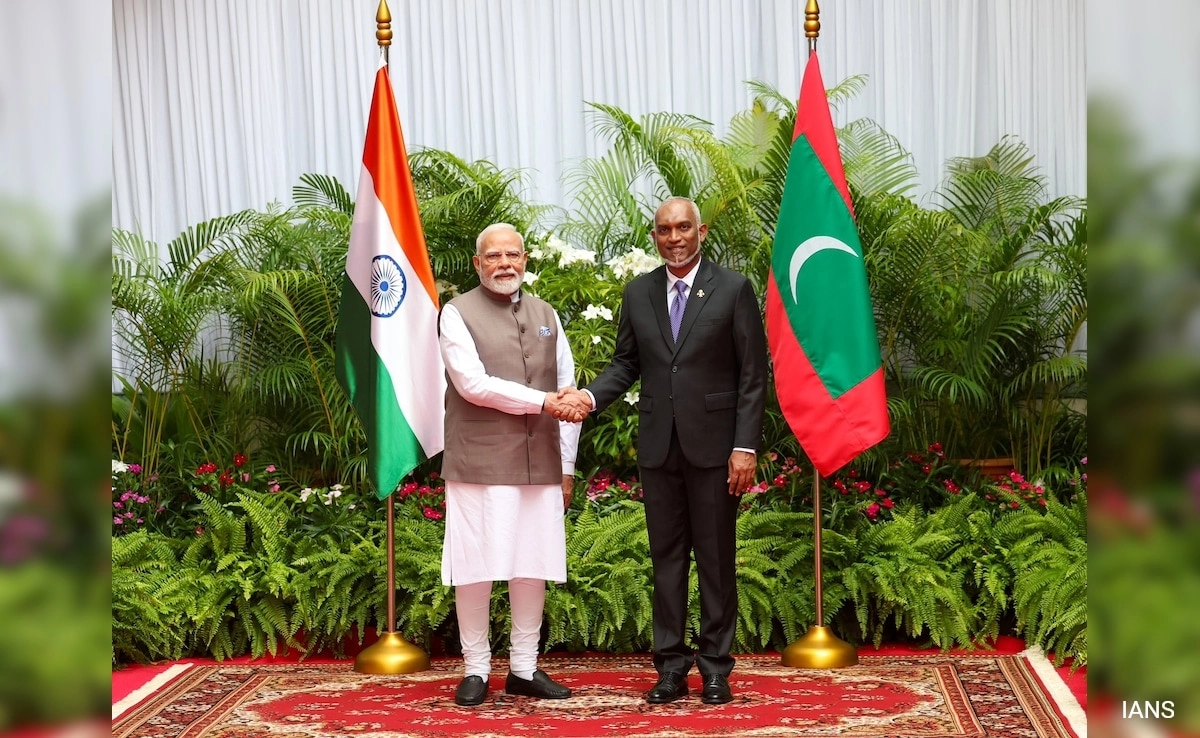During Prime Minister Narendra Modi’s recent visit to the Maldives, India and the Maldives solidified their partnership by signing several important agreements aimed at enhancing bilateral relations. This visit underscored the significance of the Maldives to India, particularly in the context of regional security and economic cooperation. The agreements covered a range of areas, including infrastructure development, trade, and cultural exchange, reflecting both nations’ commitment to fostering closer ties.
One of the key outcomes of this visit was the agreement on the terms of a trade deal, which is expected to boost economic collaboration between the two nations. By reducing trade barriers and facilitating easier access to each other’s markets, the deal aims to enhance the flow of goods and services, thereby benefiting businesses and consumers alike. This step is particularly crucial considering the Maldives’ strategic position in the Indian Ocean, which is vital for maritime trade routes. The trade agreement is anticipated to create new opportunities for investment and promote sustainable economic growth in both countries.
Additionally, the agreements signed during this visit included initiatives for joint development projects and capacity-building programs. These initiatives are designed to strengthen infrastructure in the Maldives while also promoting Indian investments in sectors such as tourism, healthcare, and renewable energy. The focus on sustainable development aligns with India’s broader vision of fostering regional stability and prosperity, as well as addressing pressing challenges such as climate change, which is particularly pertinent for low-lying island nations like the Maldives.
Overall, Prime Minister Modi’s visit not only reaffirmed the historical ties between India and the Maldives but also paved the way for a more integrated and robust partnership. As both nations navigate the complexities of a rapidly changing geopolitical landscape, these agreements will serve as a foundation for future collaboration, ensuring that their relationship remains resilient and mutually beneficial. The emphasis on trade, infrastructure, and cultural exchange highlights the shared interests and aspirations that both countries aim to pursue in the coming years.




